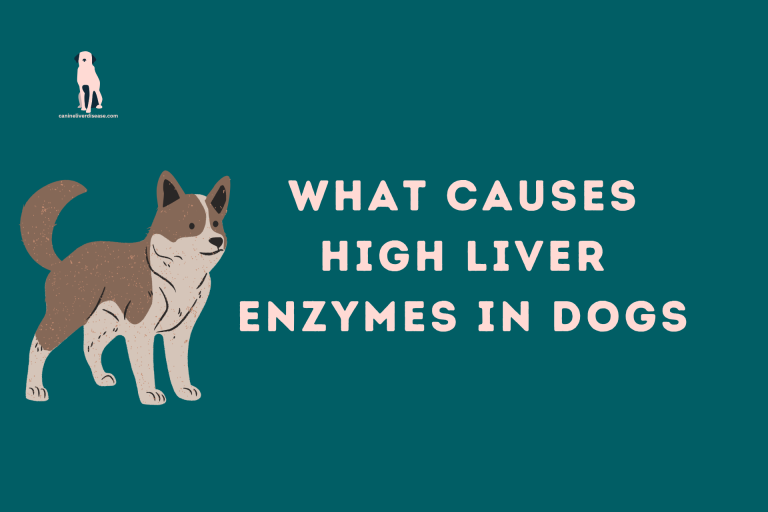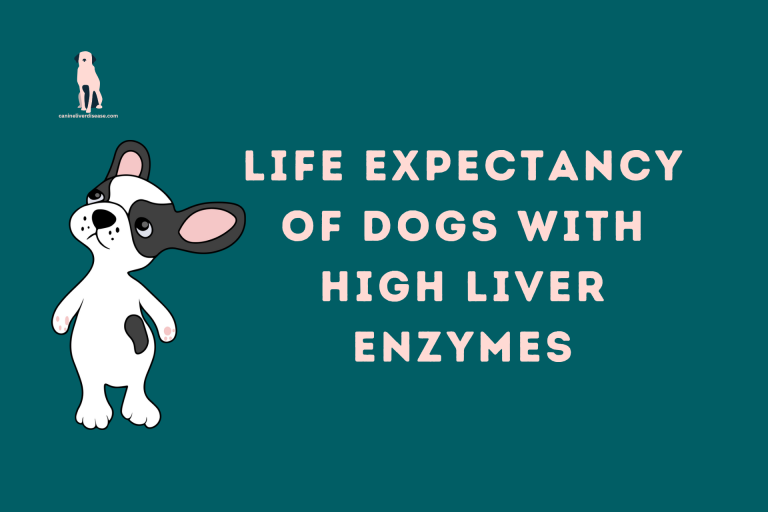Understanding High Liver Enzymes in Dogs: Causes, Symptoms, and Treatment
Our furry companions often face health issues that leave us concerned and puzzled. One such concern is high liver enzymes in dogs. In this article, we will explore what high liver enzymes mean, the symptoms to watch out for, what causes them to spike, available treatments, and much more.
What Are Liver Enzymes?
The liver is a vital organ in a dog’s body, performing various functions such as digestion, detoxification, and nutrient storage. Liver enzymes, including ALT (Alanine Aminotransferase) and AST (Aspartate Aminotransferase), play a significant role in maintaining overall health. These enzymes help the liver process substances and ensure that your dog’s body functions properly.
Normal Levels in Dogs
Before delving into the causes and symptoms of high liver enzymes, it’s essential to understand what constitutes normal levels. Maintaining these levels is crucial for your dog’s well-being.
Causes of High Liver Enzymes
Infections: Infections can cause liver enzymes to increase. Viral or bacterial infections may disrupt the liver’s normal functioning, leading to elevated enzyme levels.
Medications: Certain medications, including those prescribed for other health conditions, can affect the liver. It’s essential to monitor your dog’s liver enzyme levels when they are on long-term medications.
Toxins: Exposure to toxins, such as poisonous plants, chemicals, or contaminated food, can harm the liver and result in increased enzyme levels.
Diet: A poor diet lacking in essential nutrients can put stress on the liver, potentially causing elevated enzyme levels. Ensure your dog’s diet is balanced and suitable for their specific needs.
Genetics: Some dogs may be genetically predisposed to liver issues, leading to higher enzyme levels. Regular check-ups are crucial for early detection in these cases.
Symptoms
Identifying high liver enzymes in your dog can be challenging, as symptoms may not be specific. However, here are some signs to watch out for:
- Jaundice: Yellowing of the eyes, gums, or skin.
- Lethargy: Unusual tiredness or lack of energy.
- Vomiting: Frequent or persistent vomiting.
- Changes in Appetite: Loss of appetite or changes in eating habits.
Diagnosis
If you suspect your dog has high liver enzymes, consult your veterinarian. They will perform blood tests and other diagnostic tools to confirm the condition and determine its severity.
Treatment
The treatment for high liver enzymes depends on the underlying cause. Your vet may recommend medications, dietary changes, and lifestyle modifications to address the issue effectively.
Prevention
Prevention is key to maintaining your dog’s liver health. Ensure proper nutrition, avoid exposing your dog to toxins, and schedule regular check-ups with your veterinarian to catch any issues early.
Prognosis
The prognosis for dogs with high liver enzymes varies depending on the underlying cause and how early it’s detected. Timely intervention and appropriate treatment can significantly improve your dog’s chances of recovery.
FAQs
Q1: Is high liver enzyme in dogs a serious condition?
A1: High liver enzymes can be a sign of an underlying issue and should not be ignored. The seriousness of the condition depends on the cause and how promptly it’s addressed.
Q2: Can a dog’s diet affect liver enzyme levels?
A2: Yes, a poor diet lacking essential nutrients can stress the liver and contribute to elevated enzyme levels. Providing a balanced diet is essential for overall health.
Q3: How often should I have my dog’s liver enzyme levels checked?
A3: Regular check-ups with your veterinarian are crucial. The frequency of testing may vary depending on your dog’s age, health history, and any specific concerns.
Conclusion
Understanding high liver enzymes in dogs is essential for responsible pet ownership. Keep an eye out for symptoms, ensure a balanced diet, and seek prompt veterinary care if you suspect any issues. Your furry friend’s liver health plays a vital role in their overall well-being, and by staying informed and proactive, you can help them live a happy and healthy life.







